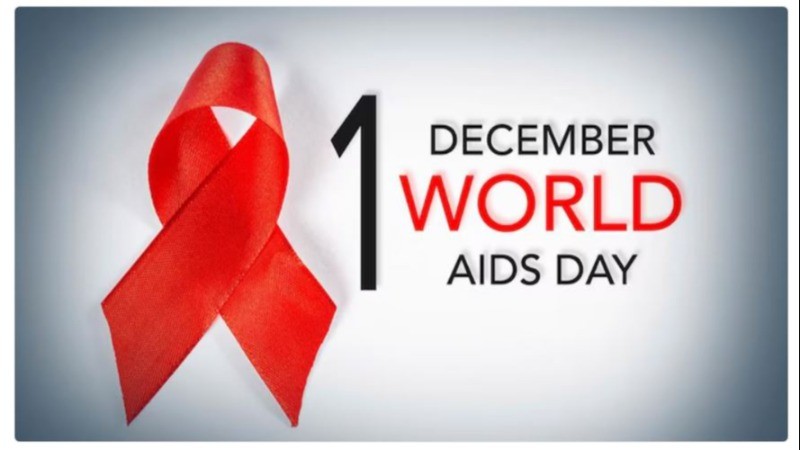
World AIDS Day 2024 marks a pivotal moment in the global fight against HIV/AIDS, with a bold message that resonates far beyond December 1st. The call to action is clear: by prioritizing human rights and placing communities at the forefront, the world can end AIDS as a public health threat by 2030. This vision is within reach, but it requires a commitment to both the protection of human rights and the inclusion of the most marginalized groups in society.
The Power of Human Rights in Ending AIDS
Progress in the fight against HIV/AIDS is inextricably linked to the protection of human rights. The strides made in HIV response have helped secure broader public health improvements, ensuring that health systems are more robust and equitable. However, despite these gains, significant gaps remain in realizing universal human rights, and these gaps continue to hinder the global effort to end AIDS. Worse, recent attacks on human rights risk undermining the progress made so far.
A key element of the path forward is reaching every individual living with, at risk for, or affected by HIV. This includes marginalized groups such as women, girls, and key populations—those often excluded from vital healthcare services. Human rights-based approaches are crucial in engaging these groups and ensuring that they are not left behind.
Gender Equality and Respect for All
Gender equality is central to the AIDS response. Acceptance, respect, and care are not just ideals—they are essentials. Laws, policies, and practices that punish or discriminate against women, girls, or other vulnerable populations, such as people from key populations or marginalized communities, obstruct access to HIV prevention, testing, treatment, and care.
The HIV response also requires that laws support those who provide essential services and advocate for reform. When laws discriminate or criminalize, they not only harm individuals but also impede the progress toward eradicating AIDS. There is a pressing need to remove such harmful laws and replace them with those that uphold the rights of all people, ensuring that the HIV response is as inclusive and effective as possible.
A Call for Change: The Rights Path
The path to ending AIDS is a human rights path. Upholding the United Nations Declaration on Human Rights and fostering inclusion of all communities are vital to ensuring not only the end of AIDS but also sustainable development and global security. The message “Take the rights path” is a call to leaders worldwide to make choices that protect human dignity and health for all.
This call to action, amplified by UNAIDS, is not just about one day; it is about a movement. The campaign, which builds to a crescendo on World AIDS Day, is part of a broader effort to continue this dialogue and drive change throughout December and beyond.
Why Human Rights Matter in HIV Response
World AIDS Day 2024 serves as a reminder that human rights are the foundation of an effective HIV response. Protecting everyone’s health starts with protecting everyone’s rights. This means ensuring that all people—regardless of their background, gender, or community—have access to the care they need, free from stigma and discrimination.
As we move toward 2030, it is essential that the global community takes a unified stand in support of human rights. Leaders must take the rights path, for only by safeguarding the rights of all can we build a world free from AIDS. This is the challenge we face, and the opportunity we cannot afford to miss.